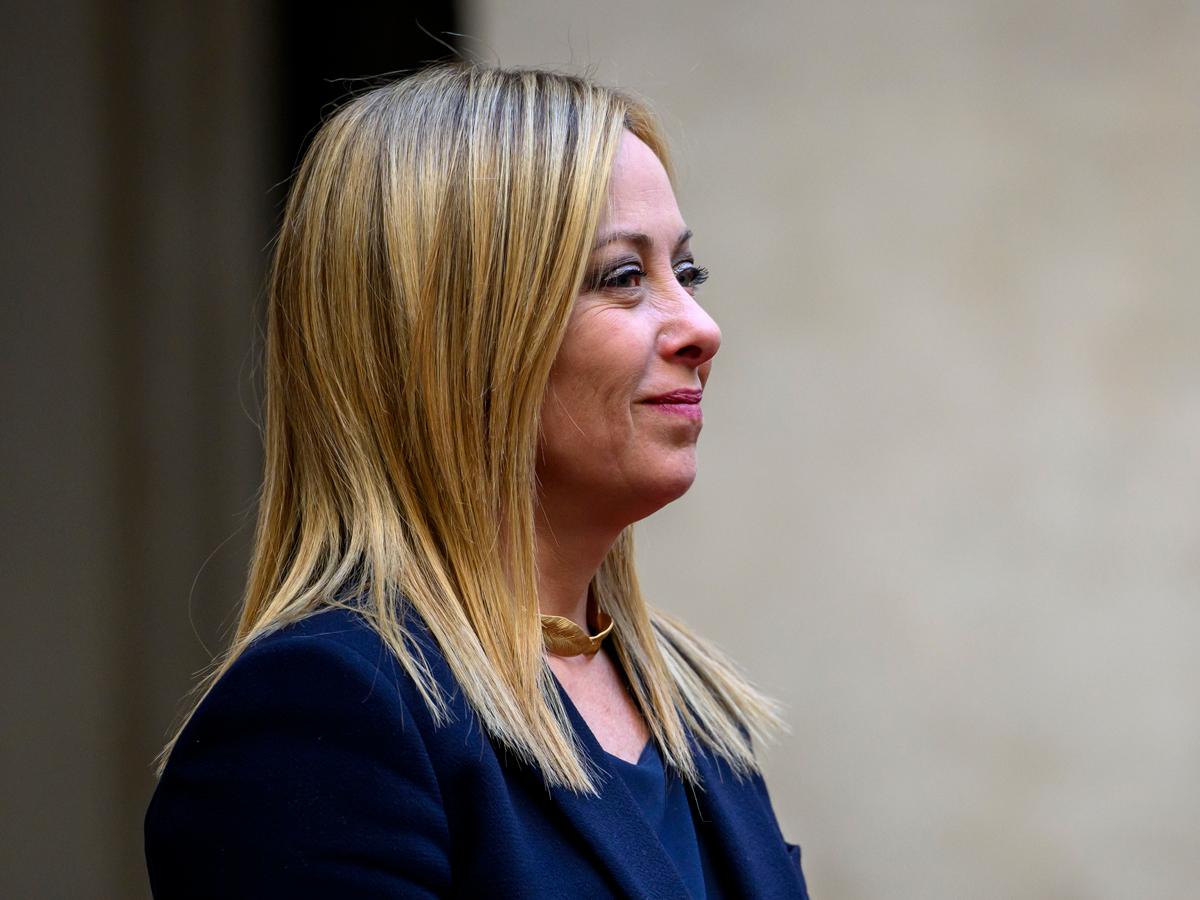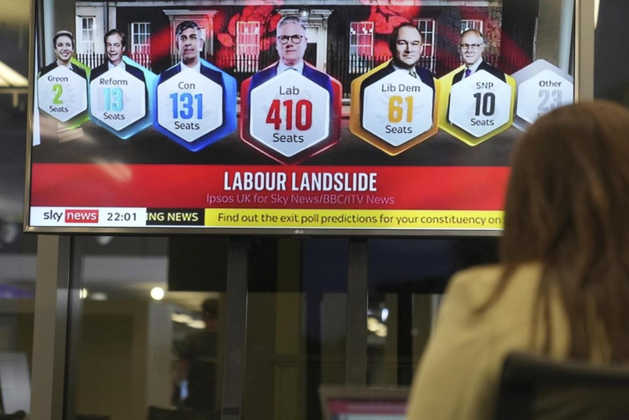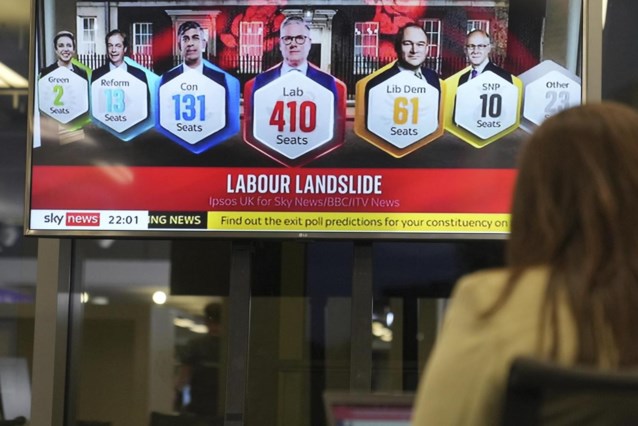“Migration today is completely independent of anyone in power,” says Italian researcher Eugenio Cusumano.
During the election campaign, the radical right-wing Italian Prime Minister Giorgia Meloni promised a naval blockade of migrant boats. But never before have so many migrants arrived in Italy as in the first three months of 2023: no less than 27,000. Especially the island of Lampedusa, which is almost 130 kilometers from the coast of Tunisia, experienced record numbers.
Eugenio Cusumano, professor of political science at the University of Messina, is researching the migration crisis. Tunisia is currently not safe for migrants. The nationalist president Kais Saied has launched a cruel crusade against black migrants,” explained Cusumano. They will threaten Arab and Muslim identities. In addition, many Tunisians are also concerned about the political and economic situation in their country. That is why they are leaving in numbers which is much bigger than before.’
Can Italy handle the inflow?
eugenio Cusumano: The situation has not been as difficult as it was at the height of Europe’s refugee crisis, between 2014 and 2016, but it is moving in that direction. We also expect the numbers to continue to increase, particularly in the summer months.
What can the government of Giorgia Meloni do about this?
Cusumano: Meloni tried to Europeanize the crisis, as every previous Italian government had tried, without success. And this time too, a bit of solidarity from the rest of Europe can be expected. The Italian government is also pressuring the Tunisian government to accept loans from the International Monetary Fund (IMF). But the Tunisian president is anything but predictable, so Meloni has little leverage.
The Dublin Convention is not sustainable for countries like Italy or Greece.
Italy has declared a state of emergency for a period of six months.
Cusumano: In practice this will make little difference. The state of emergency is primarily a symbolic act to show that the government is taking the matter seriously, and a sort of apology to its own electorate. Meloni was elected on a promise to reduce illegal migration, but he is now a victim of his own anti-migrant rhetoric. At the moment, the electorate doesn’t seem to be taking it too seriously, but the question is how long.
Meloni even promised to stop migrant boats at sea during his campaign.
Cusumano: Completely unrealistic. He also kept repeating that illegal migration was the fault of the previous government. But today we see that migration has absolutely nothing to do with whoever is in power. Migration is about push factors, not pull factors like NGO bailouts or lax migration policies.
Are Italy’s calls for European solidarity justified, given that many migrants are not registered in Italy, do not apply for asylum there, and continue on to Northern Europe?
Cusumano: Italy is a destination for many migrants, but most of them don’t want to live there. They want to move to the UK or Northern European countries, where they have family and economic opportunities. Keeping them in Italy against their will, as required by European Dublin rules, is deeply problematic in terms of human rights. Can you force someone to fingerprint, register and apply for asylum? Northern European countries were certainly frustrated by Italy’s reluctance to cooperate in limiting these so-called secondary movements, but the Dublin Convention was untenable for countries like Italy or Greece. In Italy you don’t have giant detention camps for asylum seekers like in Greece. It makes the system more humane, but it also means it’s hard to keep these people from leaving.
Meloni uses tough anti-migrant rhetoric, but he appears less daring than former Interior Secretary Matteo Salvini. He prevented the NGO rescue ship from docking.
Cusumano: Meloni has learned from Salvini’s mistakes. Despite his wartime rhetoric against NGOs, he realized that direct confrontation with and criminalization of NGO rescue workers was backfiring: major controversies arose at home and abroad, and the NGO received a major boost in funding and popularity. Meloni was also forced to adjust his policies after the shipwreck near Crotone in February. Until then, his government did everything not to save people at sea. The Italian coast guard was only sent in when the migrant boat was actually about to sink – the method of work of most European coastguards, by the way. Since Crotone and the uproar about him in Italian public opinion, the Italian coast guard has started to work more proactively.

“Hipster-friendly creator. Music guru. Proud student. Bacon buff. Avid web lover. Social media specialist. Gamer.”







